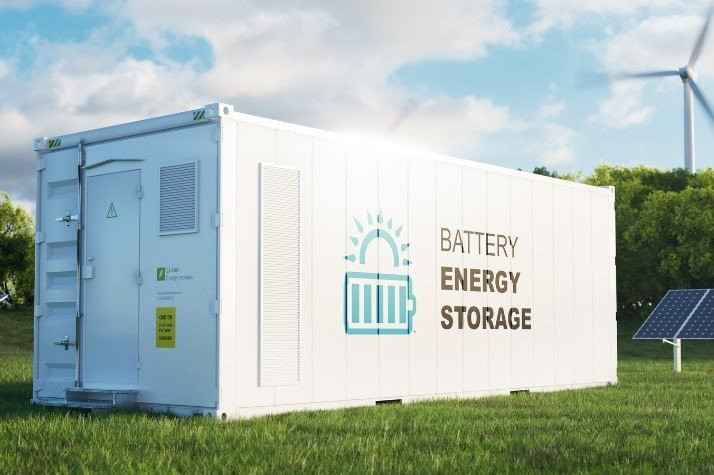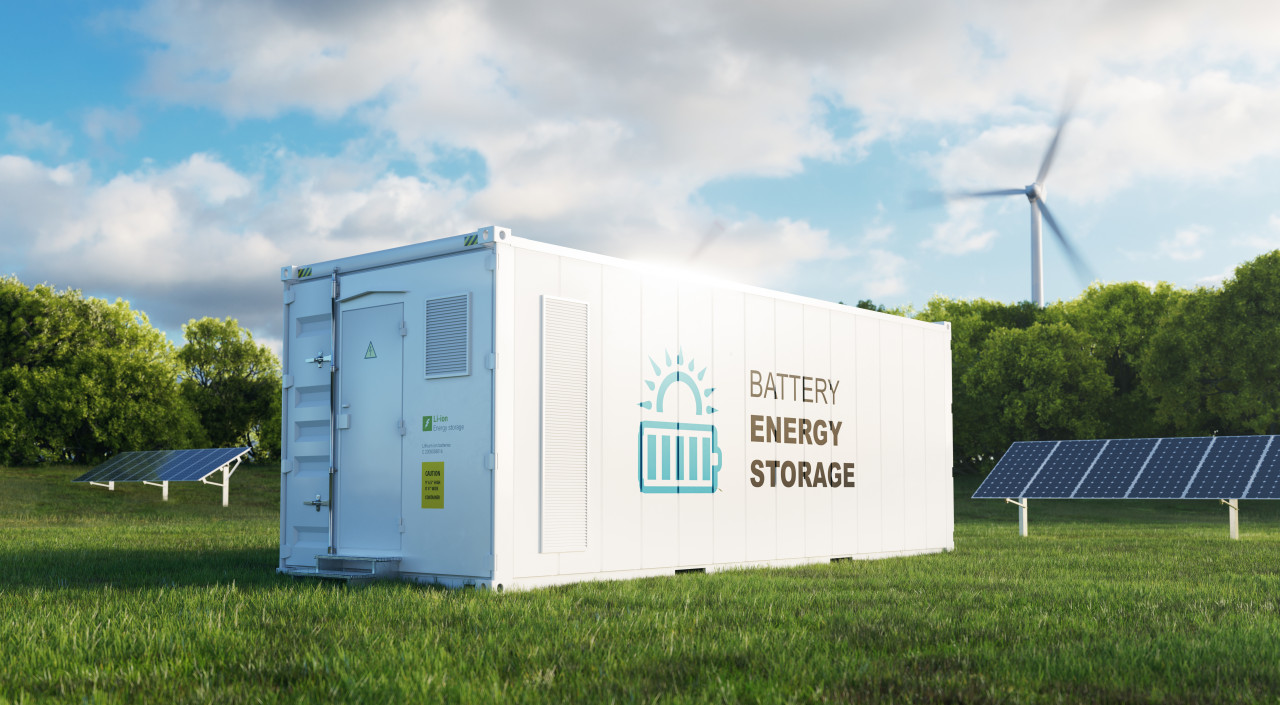Beyond solar: Companies pivot toward energy storage in investment priorities
Energy storage is going to be a leading technology for energy transition investments in the next three years according to a new industry survey by Reuters Events.
According to the 2023 Reuters Events Energy Transition Insights report, the growing share of renewable energy capacity and the deployment of electric vehicles will make energy storage a leading technology for energy transition investments in the next three years. While batteries currently dominate the growth in the energy storage domain, several other promising alternatives will be deployed commercially in the coming years.
"Energy storage will become the priority technology in 2024-2026," data from the survey showed with 43% of the survey respondents noting that their organization planned to invest in energy storage technology within the next three years.
The report was compiled through an online survey of close to 600 energy industry professionals in Q1 2023. More than half of these respondents' companies (58%) had oil and gas operations while 36% had renewable energy development activities and 31% had utility operations. Roughly, 28% of the companies had revenues of between $251 million and $5 billion and a further 17% were from organizations with revenues exceeding $5 billion.
The majority of the survey respondents were leaders, senior management or mid-management positions, and close to two-thirds (62%) of their organizations operated in North America while 41% operated in Europe, 25% in Asia, and 22% in South America.
The survey showed in the past year or so solar dominated as the most popular energy transition investment case, followed by operational improvements, energy storage, hydrogen production, and grid infrastructure.
The report also highlighted that offshore wind would become more of a priority technology in the next few years. About 24% of survey respondents plan to invest in offshore wind technology by 2026, compared to 14% of respondents investing in offshore wind in the past 12 months.
Further, a growing number of stakeholders consider hydrogen production as a favorable return on investment (ROI) although not all of them currently plan to invest in this technology class.





















